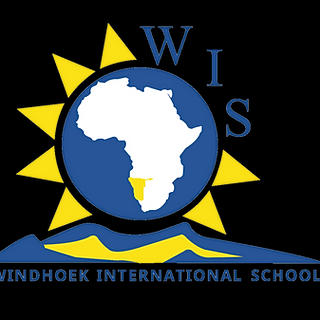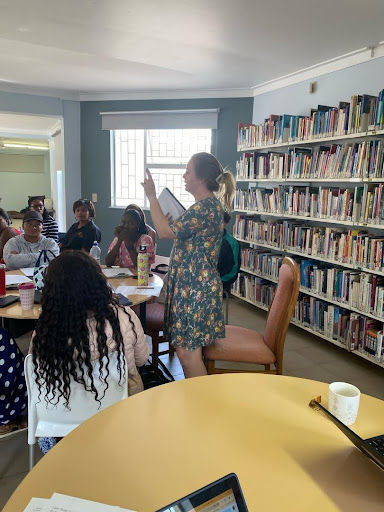Culturally Responsive Curriculum
- Windhoek International School
- May 19, 2023
- 2 min read
Dear WIS Community,
A unique aspect of a PYP school is that the development of the programme of learning (Programme of Inquiry) is an organic process that is revisited and researched throughout the year collectively as a school. It is the starting point for the students’ learning, not the final outcome. This process values the teacher as a researcher, as well as the importance of monitoring, documenting, and reflecting in order to inform the next steps in learning.
I am sure you will agree by reading our PYP Newsletter (please click above) that learning in the Primary at WIS is not a textbook exercise, but rather a collective effort of the community to develop the best learning experience for our students!
In line with our commitment to Diversity, Equity, Inclusion, and Justice, we believe that every student should see themselves represented in our curriculum, and learning about local history and culture plays a crucial role in developing understanding and empathy. By embedding local history and culture into lessons, we can create meaningful connections between our students' personal experiences and the wider world. This approach not only enhances learning but also cultivates a sense of belonging and appreciation for diverse perspectives.
This is why this Friday during our staff professional development day, our teachers will engage in collaborative discussions and planning sessions to evaluate whether students are being exposed to diverse perspectives, experiences, and histories, both locally and globally. Together we will determine if there are opportunities in our Progamme of Inquiry to learn about local history and culture in order to foster a stronger connection between students' personal experiences and the wider world.
Parent involvement is vital in this journey towards a culturally responsive curriculum. If you have any ideas, suggestions, or resources to share, please reach out! Your contributions will help us ensure that our curriculum reflects the rich tapestry of our community and fosters a deeper understanding of the world around us.
Warm regards,
Marcelle van Leenen
Primary Principal









Comments